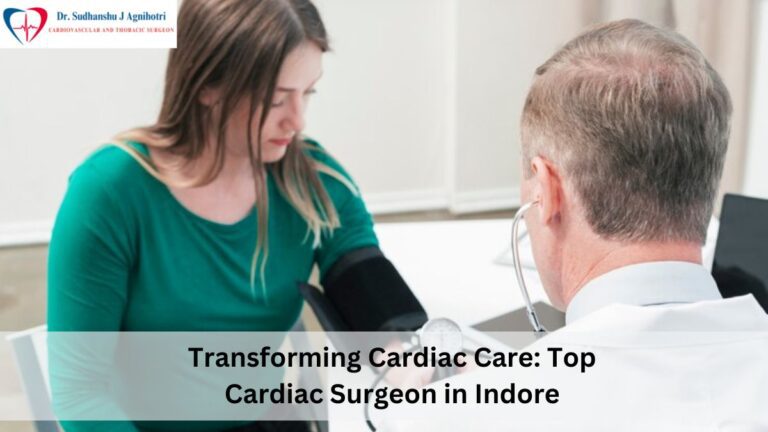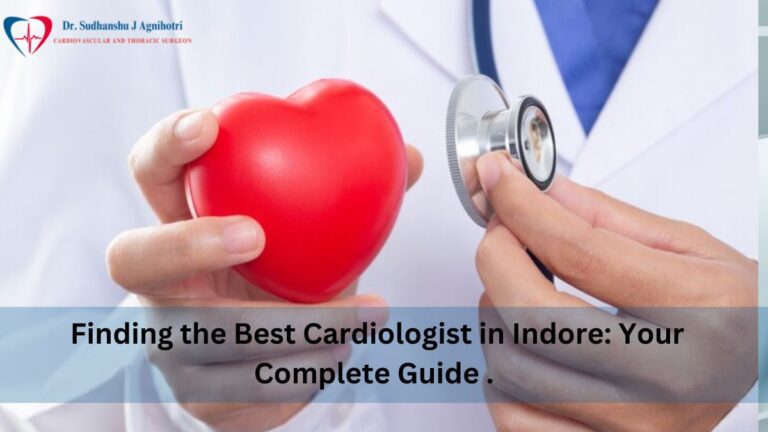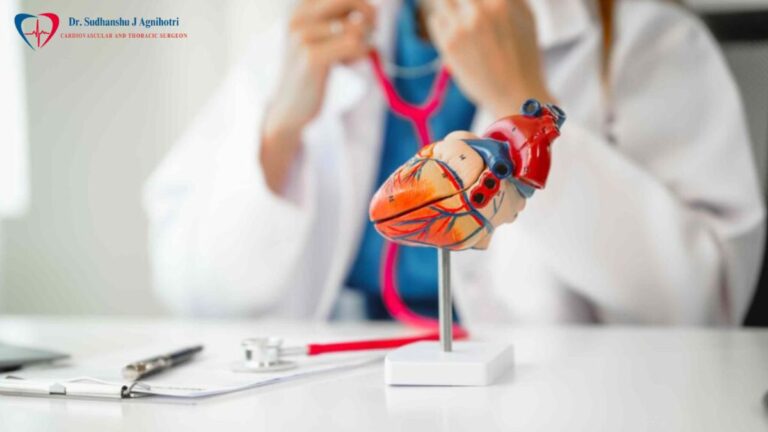The Truth About ECG Tests: ECG Test Near Me
An electrocardiogram, or ECG, allows ECG Test Near Me to check your heart’s electrical activity using a quick, painless test. As you lie still, electrodes are placed on your chest, arms, and legs to detect the heart’s tiny electrical changes. The test takes just a few minutes but provides potentially life-saving information about your heart rhythm and whether there are any signs of heart disease or other cardiac issues.
Although an ECG cannot directly measure the pumping ability or health of your heart muscle, it can detect abnormal heart rhythms and other electrical problems that may require treatment or monitoring. By understanding what happens during an ECG and why it’s performed, you can feel at ease during your test and confident in the essential health insights it provides.
Table of Contents
What Is an ECG Test?
An ECG test is noninvasive and painless. Small electrode patches are attached to your chest, arms, and legs. The electrodes detect the electrical signals your heart produces during each heartbeat.
The signals are transmitted to an ECG machine, which records your heart’s electrical activity on a moving strip of paper or a computer screen as wavy lines. Each spike and dip in the bars represents a heartbeat and should have a regular pattern. Any abnormal patterns can indicate potential problems and require follow-up.
During the test, you lie still on a table or bed while the technician attaches the electrodes to your skin. The test typically takes between 5 and 10 minutes. You may be asked to hold your breath or move around. Don’t worry; the electrodes are just detecting signals and not sending any electrical pulses into your body.
An ECG provides your doctor with information about your heart rhythm, the size and shape of your heart chambers, and the effects of medications or pacemakers. It can detect signs of a previous heart attack or an enlarged heart. ECG results, combined with your medical history and symptoms, help determine if further tests are needed.
Regular ECG screenings are an essential way to monitor your heart health over time. While the test itself causes no pain, the results it provides offer invaluable insight into your cardiac well-being and risks. Discuss how often you need an ECG with ECG Test Near Me based on age, health conditions, and risk factors.
Types of ECG
An ECG records your heart’s electrical activity using electrodes attached to your skin. The most common types are:
- Resting ECG: Record your heart’s activity while you’re still. It’s often done as part of a routine physical exam or to diagnose heart-related symptoms like chest pain or shortness of breath.
- Exercise ECG: Record your heart’s activity during exercise on a treadmill or exercise bike. It detects problems that may only be noticeable during physical activity.
- Holter Monitor: Record your heart’s activity continuously for 24 to 48 hours. It lets your ECG Test Near Me to detect irregular heartbeats or other problems that may only occur sporadically. You wear electrodes the entire time, usually under your clothes.
- Event Recorder: records your heart’s activity only when you activate it if you experience symptoms like chest pain, dizziness, or an irregular heartbeat. You wear it for up to 4 weeks, and can provide important details about your symptoms and heart activity during an episode.
An ECG is useful for detecting abnormal heart rhythms and other cardiac issues. Be sure to discuss the results of your ECG with your physician. They can determine if any further testing or treatment may be needed based on the findings. By understanding the various types of ECGs and their purposes, you can work closely with your ECG Test Near Me to monitor your heart health over the long run.
Why Is It Done?
An ECG test is commonly done to evaluate your heart rhythm and electrical activity. It can detect abnormal heartbeats, heart muscle problems, and other heart conditions.
The ECG machine detects the heart’s electrical activity through electrode patches attached to your skin. The electrodes detect tiny electrical changes on your skin as your heart muscle depolarizes during each heartbeat. These signals are recorded by the ECG machine and translated into line tracings on paper or a computer screen.
ECG Test Near Me reviews the ECG reading to check your heart rate and rhythm, examine the strength and timing of the electrical signals passing through your heart, and look for signs of any heart damage or abnormal heartbeats. An ECG can detect heart problems you may not be aware of, such as heart rhythm abnormalities, signs of a previous heart attack, an enlarged heart, or problems with heart valves.
If your ECG is normal, it provides reassurance that your heart is functioning correctly. However, some heart conditions only become apparent during times of stress or activity. As a result, ECG Test Near Me may order additional tests, such as an exercise stress test or a Holter monitor, to help determine an accurate diagnosis when needed.
Risk Factors of ECG
An ECG is a standard medical test to monitor your heart’s electrical activity. While ECGs are very safe, there are a few risks to be aware of:
Skin Irritation
The sticky pads used to attach the ECG leads to your chest may cause minor skin irritation. Let your technician know if you have sensitive skin or allergies to adhesives. They can use hypoallergenic pads and remove the leads gently to minimize discomfort.
False Positives
Occasionally, an ECG will detect an abnormal heart rhythm that requires further testing, even though there is no actual problem. This can lead to unnecessary stress and additional medical expenses. However, it is always best to investigate unusual ECG results to rule out potential issues.
Misplacement of Leads
If the ECG leads are correctly placed on the chest, the results may be accurate. The technician should carefully attach each information according to the proper placement for that specific ECG test. Be sure to remain still during the procedure to prevent the leads from shifting or detaching.
Pacemaker Interference
If you have an implanted pacemaker or defibrillator, the electrical signals from these devices may interfere with your ECG results. Tell the technician about any implanted devices you have so they can account for them when interpreting your ECG. They may need to place the leads in alternate spots to get an accurate reading.
Understanding Your ECG Results
Once your ECG test is complete, ECG Test Near Me will review and interpret the results. The interpretation of your ECG results depends on your medical history, symptoms, and the reason for the test. Doctor will look for both standard and abnormal findings.
Normal Results
A normal ECG shows a regular heart rhythm and waveforms. It means your heart is beating in a normal, healthy pattern. However, a normal ECG does not necessarily mean no heart problems. An ECG only provides information about your heart rhythm and rate, so other tests may be needed to check for conditions like blocked arteries.
Abnormal Results
Abnormal ECG results can indicate an irregular heart rhythm or rate, enlarged heart chambers, or decreased blood flow in the arteries that supply oxygen to your heart muscle. Some common abnormalities include:
- Arrhythmias: irregular heart rhythms like atrial fibrillation, heart block, or tachycardia
- Enlarged heart chambers can indicate coronary artery disease or high blood pressure.
- Ischemia: decreased blood flow in the arteries that supply oxygen to your heart muscle.
ECG Test Near Me will explain your ECG results and any further testing or treatment needed. Be sure to ask any questions you may have about your heart health and ECG findings.
Finding an ECG Test Near Me
To have an ECG test performed, you will need to find an ECG Test Near Me that offers this diagnostic service. Many options are available, including:
Hospitals
Most major hospitals have cardiac testing departments that perform ECGs and other heart-related diagnostics. Hospital ECGs are often ordered by emergency room physicians or cardiologists if there are signs of a heart attack or other cardiac event.
Urgent Care Centres
Urgent care centres have on-site ECG machines and staff trained to operate them. They can perform ECG tests for patients experiencing potential heart attack symptoms or at the request of a primary care physician. Urgent care ECGs provide a quick assessment of heart rhythm and electrical activity.
Cardiology Clinics
Cardiology clinics specialize in heart health and will have ECG equipment and technicians on staff. Your cardiologist may order an ECG as part of your regular heart health monitoring or if new symptoms develop. Professionals with expertise in cardiac diagnostics and care perform ECGs at cardiology clinics.
Primary Care Physician’s Office
Many primary care physicians have ECG machines in their offices to monitor patients’ heart health. Your PCP may order an ECG if you report symptoms like chest pain, shortness of breath, dizziness, or heart palpitations. They can review the ECG results with you to determine if further cardiac testing is needed.
Conclusion
After learning the truth about what happens during an ECG test, you should feel reassured of its safety and value. An ECG provides ECG Test Near Me with critical information about your heart health and the overall effectiveness of your heart. While the test is prevalent, the results can detect life-threatening conditions and help guide important treatment decisions. You owe it to yourself and your loved ones to get an ECG, especially if you have any symptoms or risk factors. Knowing your heart is healthy and addressing any issues early can give you peace of mind and help you live a long, high-quality life. Make that call to schedule your ECG today.








